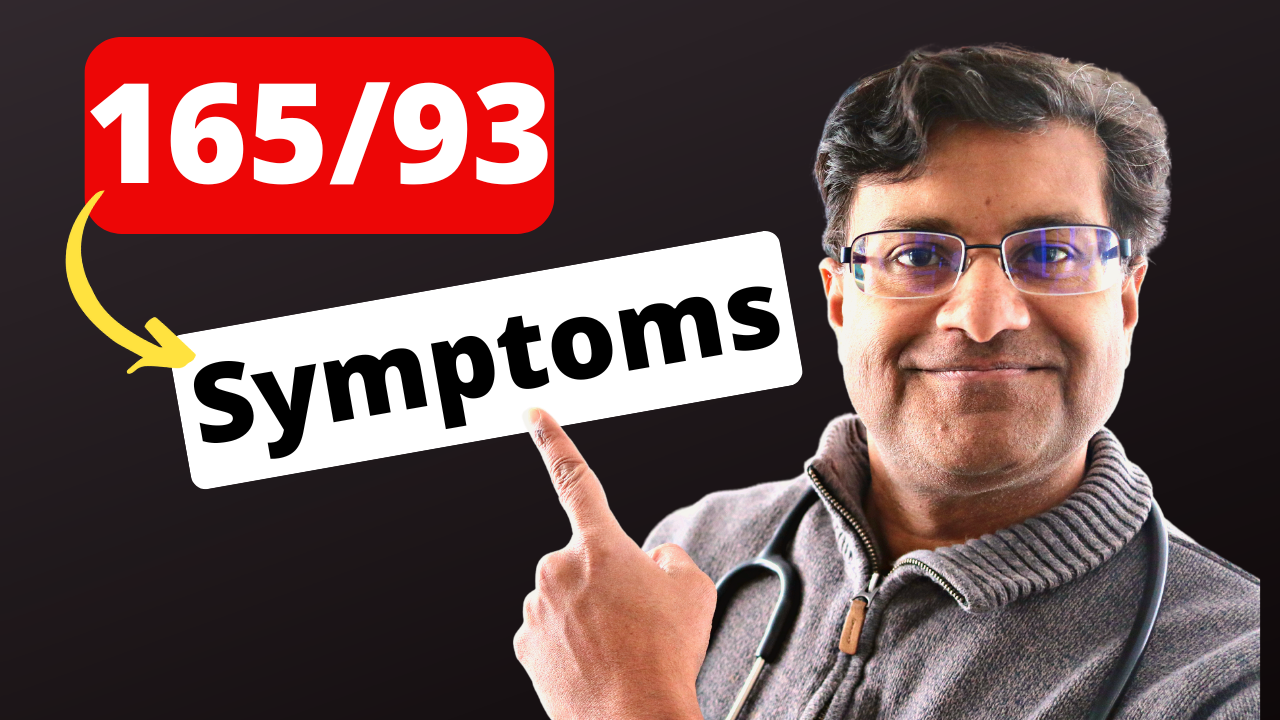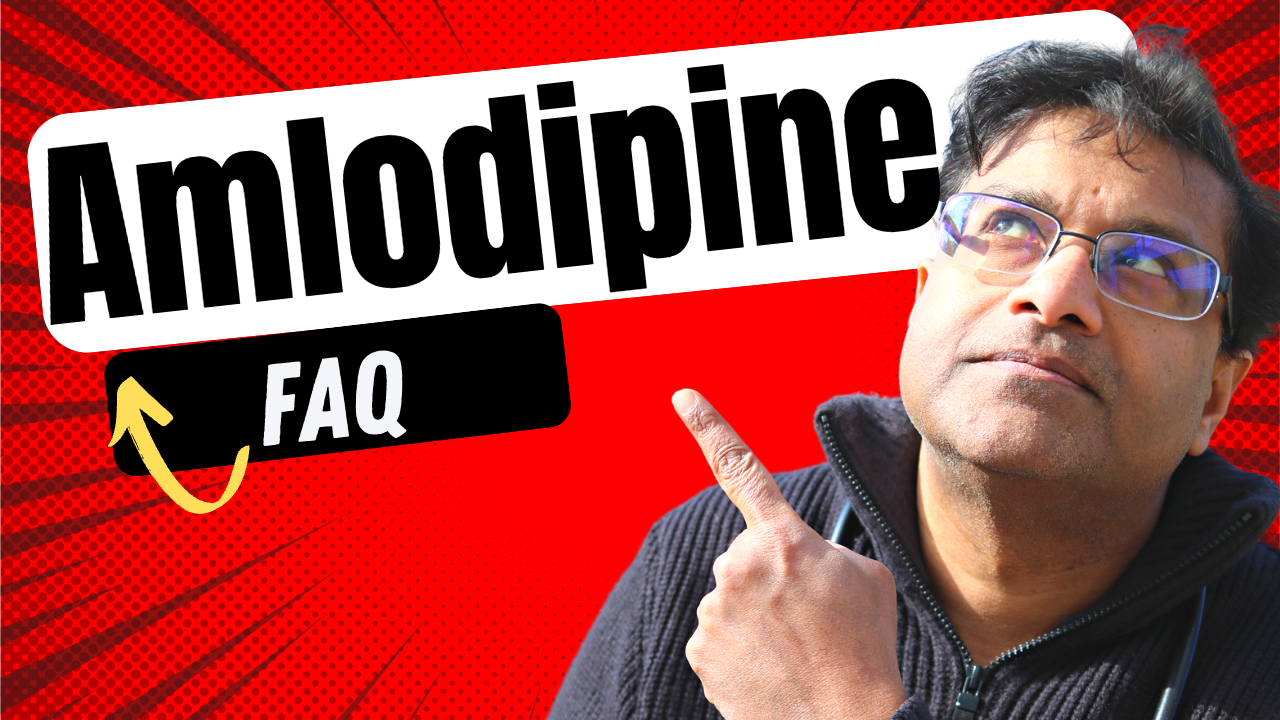This article is a run-down of the most common high blood pressure symptoms.
Have you asked yourself why blood pressure is also called the silent killer?
You have all boiled water.
Initially when you heat water, your water starts heating up and no bubbles break the surface. Water is just heating up is in a simmering stage. This is when water is in motion, however, hardly any bubbles break the water surface. Similarly, with blood pressure water pressure is slowly increasing, however, you are not presenting or having any symptoms. Only when water boils over do we see bubbles rapidly reaching the surface. In the same way, when blood pressure remains persistently high it is causing damage to organs in your body such as your eyes, brain, vessels, heart, and kidneys. When your blood pressure starts rising reaching dangerous levels you can experience symptoms. You need to put a lid on your boiling pan to prevent water spilling over. Similarly, you need to control your blood pressure before it become dangerously high.
To refresh your memory. A normal blood pressure is defined as less than 120 mmHG and less than 80 mmHg.The first number is your systolic blood pressure and the second number your diastolic blood pressure.
A blood pressure is defined as elevated when the systolic blood pressure 120-129 mmHg and less than 80mmHg.
High blood pressure stage 1 is defined as 130-139 mmHg or 80-89mmHg.Hypertension stage 2 is defined as more than 140mmHg or more than 90mmHg.
A hypertensive crisis is when you blood pressure is extremely high. This is when your top number is over 180mmHg, and your bottom number is over 120 mmHg.You are at an increased risk for a heart attack, stroke, renal failure, aortic dissection(when there is a tear to the inner lining of your main artery) or your lungs filling up with fluid also known as pulmonary edema.
Here are 11 symptoms you should be aware of!!
1.Chest pain.
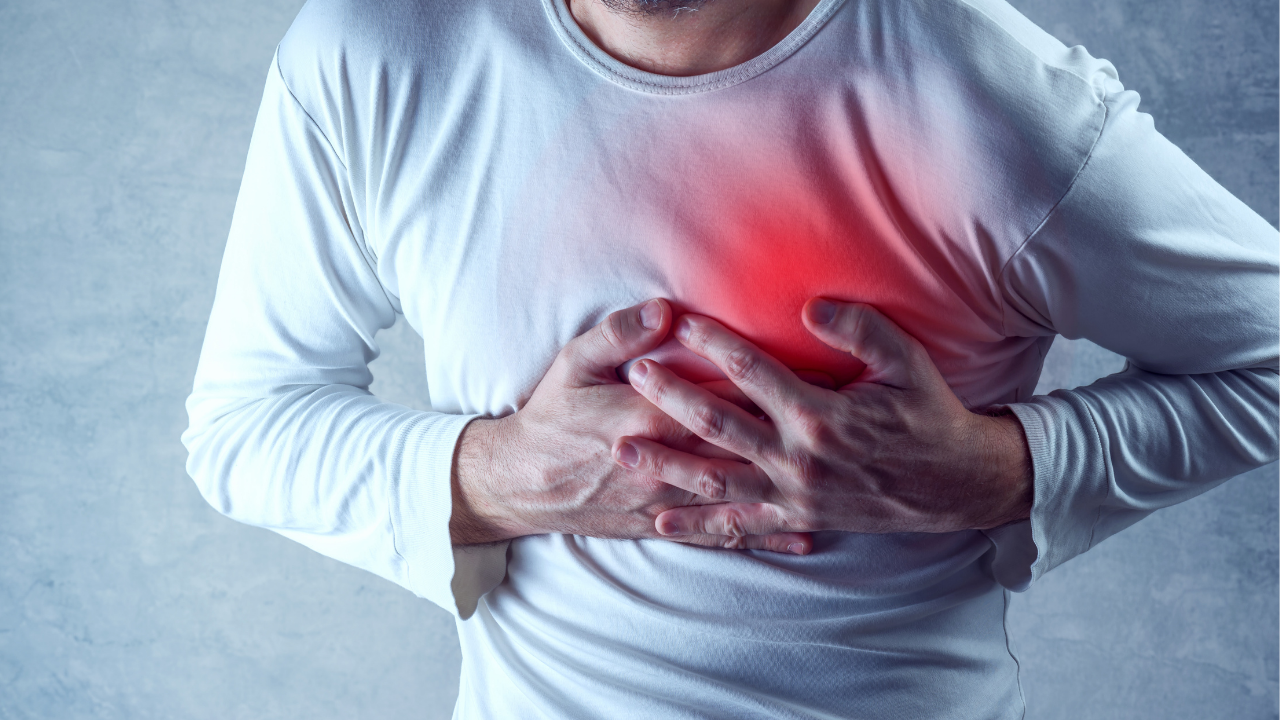
This is also called angina. This is because high blood pressure causes damage to the inner lining of your vessels. Your vessels harden up and are less pliable and narrower. This decreases the blood flow in your arteries. As there is less blood flow less oxygen & nutrients flows through your blood vessels. You experience this as chest pain, especially if you are exerting yourself.
2.Shortness of breath:
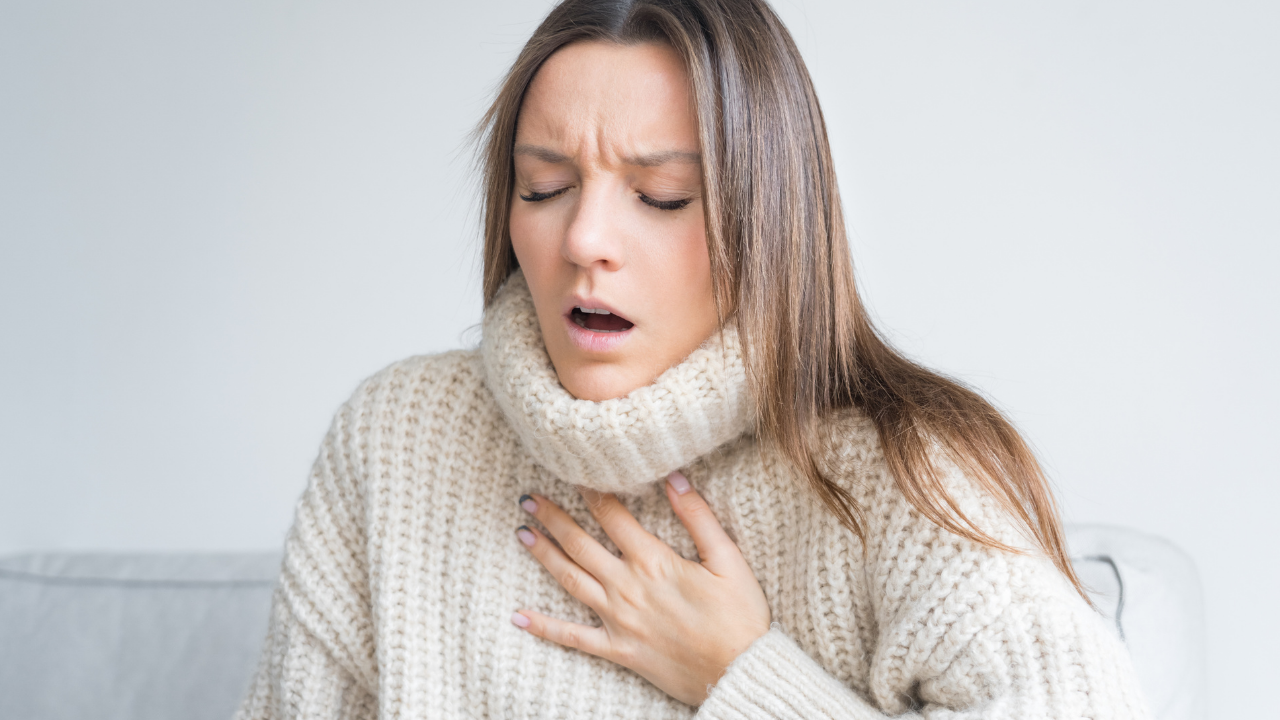
There are a variety of reasons for this. As a result of high blood pressure this can put more pressure on your heart and your heart becomes weaker. Your heart is unable to pump enough blood to your organs. This condition is also called congestive heart failure. In congestive heart failure your lungs can also fill up with fluid making it more difficult to breathe. High blood pressure can also lead to heart attacks.
3.Back pain:
This might be something you might not associate with high blood pressure. What does my back have to do with high blood pressure? Earlier in this video I mentioned a condition called aortic dissection, when the inner lining of you main artery called the aorta can tear up because of very high blood pressure. One of the symptoms of aortic dissection is sudden back pain. This is a life-threatening emergency as it can cause internal bleeding and you need to go to the hospital ASAP.
4) Nausea and Vomiting:
These are also symptoms of high blood pressure. This is because an increase in the pressure in your brain vessels not only causes damage to the inner lining of the arteries, but can trigger a response which your body experiences as nausea and in even more severe cases vomiting. This increased pressure in your brain is also referred to as increased intracranial pressure. Another presenting symptom would be disorientation and confusion.
5) Blurry vision:
If you blood pressure remains high it can damage smaller vessels in your eye, especially in the back of your eye called the retina. This compromises blood flow to your eye causing damage to your retina. Increased blood pressure can cause these tiny blood vessels to leak causing a bleed to the back of eyes. This is also known as hypertensive retinopathy.
6)Headache:
 High blood pressure increases the force of pressure in your brain arteries. Excess pressure in your brain you can experience as a throbbing or pulsating pain. In a hypertensive crisis the pressure you feel will be unlike anything you have felt. This headache will be excruciating and painful usually accompanied by nausea, confusion, and blurry vision.
High blood pressure increases the force of pressure in your brain arteries. Excess pressure in your brain you can experience as a throbbing or pulsating pain. In a hypertensive crisis the pressure you feel will be unlike anything you have felt. This headache will be excruciating and painful usually accompanied by nausea, confusion, and blurry vision.
7)Nosebleeds:
Although this symptom is uncommon you should be aware of it. When your blood pressure rises the tiny vessels in your nasal passages can also be damaged leaking blood out.
8) Dizziness-
High blood pressure can compromise the flow of blood and subsequently of oxygen in your blood vessels in your brain as well as vessels leading to your brain. As already mentioned, sustained blood pressure leads to damage of your arteries. Blood flow is compromised as these vessels are narrower and less elastic. You will experience these fluctuations in blood flow as dizziness.
9) Confusion:
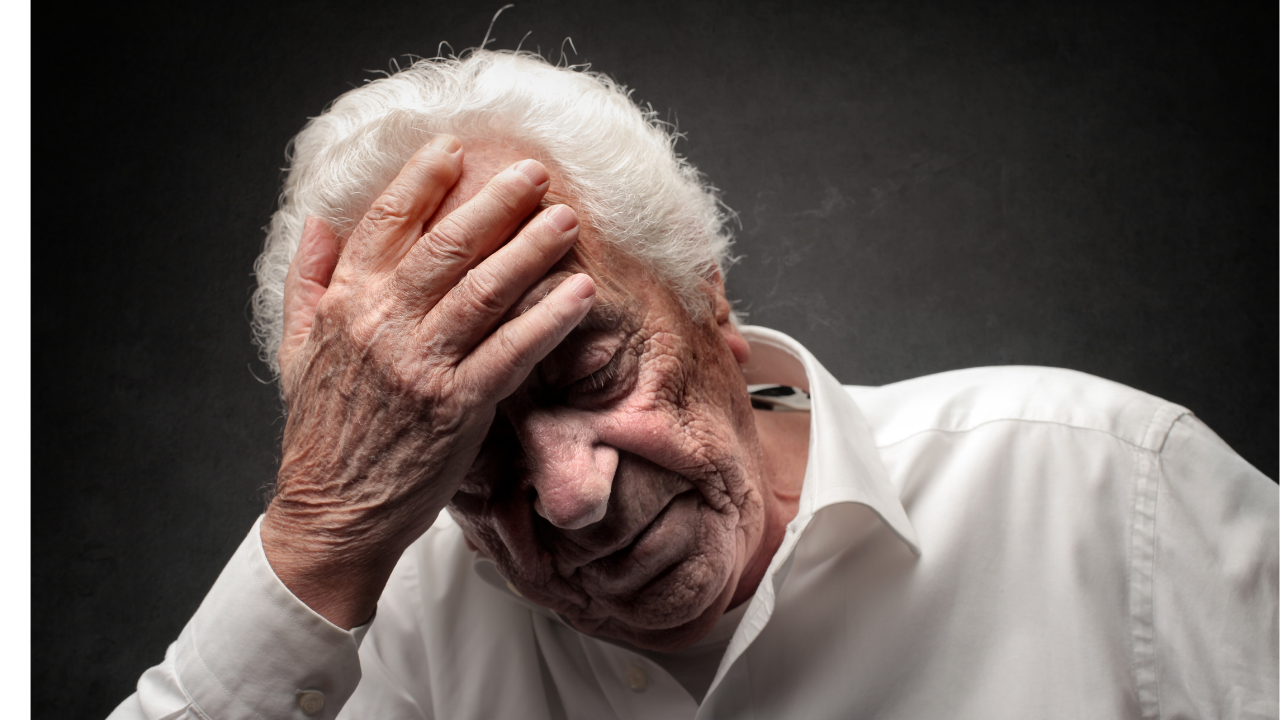 is another symptom of very high blood pressure. This is very similar to the explanation given regarding dizziness. If blood flow is compromised to your brain cells this will lead to mental status changes. This will affect the way you think, make you disorientated. The supply of oxygen to your brain is poor or even blocked causing this confusion.
is another symptom of very high blood pressure. This is very similar to the explanation given regarding dizziness. If blood flow is compromised to your brain cells this will lead to mental status changes. This will affect the way you think, make you disorientated. The supply of oxygen to your brain is poor or even blocked causing this confusion.
10)Blood in your urine
This can happen if high blood pressure damages the arteries and small vessels leading to your kidney and in your kidneys. High blood pressure also can cause spasms of these tiny vessels. Sustained high blood pressure not only can damages your kidneys, small amounts of blood can appear in your urine.
11) The last symptom is not really a symptom at all. High Blood pressure is also called the silent killer.
This is because for the most part you do not experience any symptoms. However, as explained in the analogy earlier in this article there is a compound effect of sustained pressure on all your larger and smaller vessels in your body leading to damages in your various organs.
If your heart is affected you are at an increased risk for coronary artery disease, heart attack and strokes, if your eyes are affected you are at an increased risk for hypertensive damage to the vessels in your eye and in rare cases can lead to vision loss, if your brain vessels are affected you are at an increased risk for a stroke or a bleed into your brain, if your kidneys are affected this can lead to renal failure and permanent damage to your kidneys, and if your heart is affected this will of course affect your lungs as fluid can back up in your lungs causing pulmonary edema.
All this time blood pressure, like simmering water is causing irreversible damage to you arteries.
Make sure you control your blood pressure with lifestyle changes including exercise, diet and if need with medications. The goal is not to stay on medications, but to use them as a bridge to control your blood pressure. If you follow some of the advice in this playlist you can manage to get off these medications.
You can check entire video here:
Think your health and your blood pressure.
Have a good day.
Sources;
https://www.cdc.gov/bloodpressure/index.htm
https://www.cdc.gov/bloodpressure/about.htm



